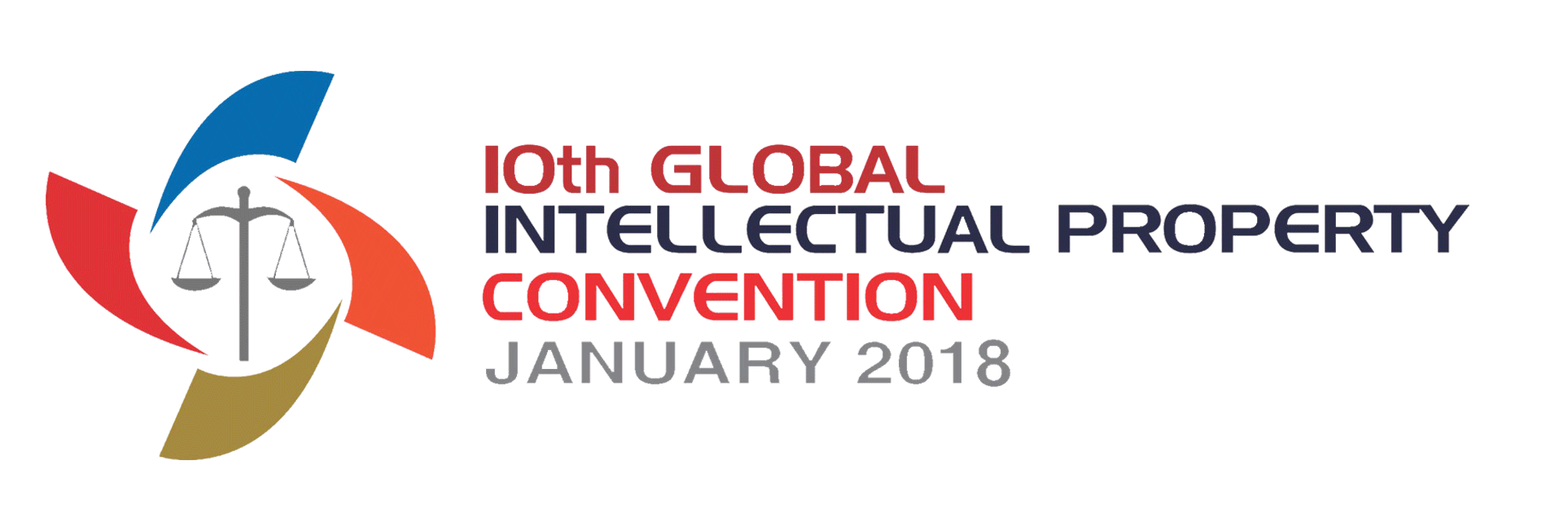What is Lexitag?
Intellectual property is an intangible property or proprietary asset, which applies to any product of the human intellect that has commercial value.
Intellectual Property Rights (IP Rights) are one’s legal rights in respect of the ‘property’ created by one’s mind – such as an invention, or piece of music, or an artistic work, or a name or slogan or symbol, or a design, which is used in commerce, in the form of books, music, computer software, designs, technological know-how, trade symbols, etc.
These rights are largely covered by the laws governing Patents, Trademarks, Copyright and Designs. These various laws protect the holder of IP rights from third party encroachment of these rights. It also allows them to exercise various exclusive rights over their intellectual property.
Intellectual property laws and enforcement vary widely from jurisdiction to jurisdiction. There are inter-governmental efforts to harmonise them through international treaties such as the 1994 World Trade Organization (WTO) Agreement on Trade-Related Aspects of Intellectual Property Rights (TRIPs), while other treaties may facilitate registration in more than one jurisdiction at a time.
Every nation has framed their own intellectual property laws. But on international level it is governed by the World Intellectual Property Organization (WIPO). The Paris Convention for the Protection of Industrial Property in 1883 and the 'Berne Convention for the Protection of Literary and Artistic Works' in 1886 were first conventions which have recognized the importance of safeguarding intellectual property. Both the treaties are under the direct administration of the WIPO.
India has defined the establishment of statutory, administrative and judicial framework for protecting the intellectual property rights in the Indian territory, whether they connotes with the copyright, patent, trademark, industrial designs or with other parts.
Tuning with the changing industrial world, the intellectual property rights have continued to strengthen its position in the India. In 1999, the government has passed the important legislation in relation to the protection of intellectual property rights on the terms of the worldwide practices and in accordance to the India's obligations under the Trade Related Aspects of Intellectual Property Rights. It consists of –
-
The Patents (Amendment) Act, 1999 which was passed on 10th March, 1999 in the Indian Parliament for amending the Patents Act of 1970 which in turns facilitate to establish the mail box system for filing patents and accords with the exclusive marketing rights for the time period of 5 years.
-
The Trade Marks Bill, 1999 was passed in the India parliament during the winter session for replacing the Trade and Merchandise Marks Act, 1958. It was passed on 23rd December, 1999.
-
The Copyright (Amendment) Act, 1999 was passed by both upper house and lower house of the Indian parliament and was later on signed by the Indian president on 30th December, 1999.
-
The sui generis legislation was approved by both houses of the Indian parliament on 23rd December, 1999 and was named as the Geographical Indications of Goods (Registration & Protection) Bill, 1999.
-
The Industrial Designs Bill, 1999 was passed in the Upper House of the Indian parliament for replacing the Designs Act, 1911.
-
The Patents (Second Amendment) Bill, 1999 was introduced in the upper house of the parliament for further amending the Patents Act 1970 and making it compliance with the TRIPS.
Along with the above legislative measures, the Indian government has introduced several changes for streamlining and bolstering the intellectual property administration system in the nation. Several projects concerning to the modernizing of the patent information services and trademark registry have been undergone with the help of the World Intellectual Property Organization/ United Nations Development Programme.

